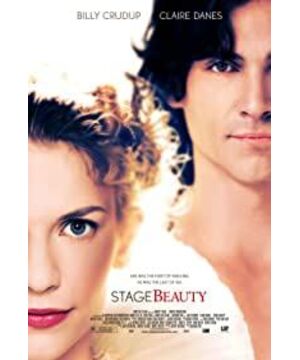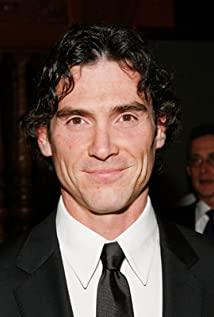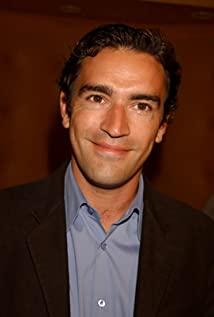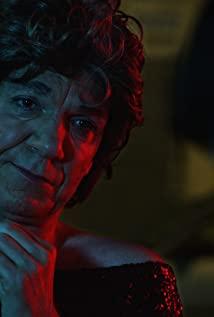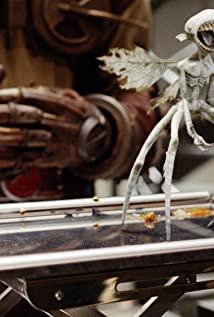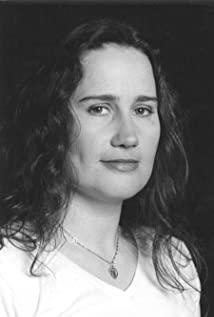A man more beautiful than a woman, a stage beauty. Bright eyes, bright as stars. Every frown and smile is charming. Shockingly beautiful.
Desdemona, who used to be in front of the king's palace, angered the king's mistress who was eager to perform on the stage because of her invincible refusal to perform on the same stage with a woman. With a single decree, he was thrown into the filthy underground theater, singing obscene ditties, like a prostitute for the entertainment of those vulgar men, betting his dignity.
He wanted to get back what was taken away, but ended up being humiliated in public. This is not the most hopeless, the despair is that my artistic life is about to die, to die here, on this stage, but I am not allowed to even struggle...
Life still needs to go on, the pain of this plummeting can only be paralyzed by alcohol . His lips were smiling, but his eyes were full of charming sadness, which he didn't even notice. It turned out that after losing that role, he became nothing more...
Lock a man in a woman's body and let him die there. Is it an indictment of that era? Or, is it a glorious mourning for the dead?
"I always hated your Desdemona, you never fought, you just died beautifully!" she said.
"I blame you for my death," he told her.
"Why didn't you kill me completely?" she said.
"I finally understand the scene of death."
...
I think, it should be a death that is no longer obedient, but reborn in resistance.
PS The demise of any old thing must be accompanied by the birth of new things, so the film ends with Happy Ending, although it lacks the beauty of death, it is a complete full stop.
And PS, the male protagonist does not seem to be born with the same sex orientation, but is confused in his role, more like a bisexual, so the later change can not be regarded as far-fetched.
Background introduction:
On the stage after the Middle Ages, female roles were mostly played by men. Italy was the first country in Europe to have real female roles on the stage. The French cast did not have women until 1607 (as far as we know), and the United Kingdom has always required to the middle of the seventeenth century. Edward Kynaston was a drama star in seventeenth-century London, and Samuel Pepys' diary includes seven references to the actor who was good at playing beautiful female characters. In Pepys' pen, he is an actor who is both hard-working and well-rounded in his own industry.
View more about Stage Beauty reviews


